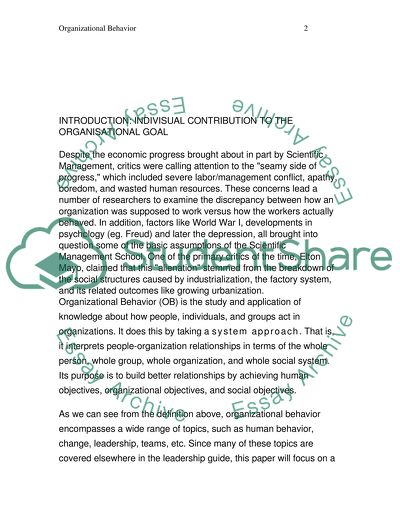Cite this document
(“Organisational Behaviour: General Intelligence Essay”, n.d.)
Organisational Behaviour: General Intelligence Essay. Retrieved from https://studentshare.org/miscellaneous/1521680-organisational-behaviour-general-intelligence
Organisational Behaviour: General Intelligence Essay. Retrieved from https://studentshare.org/miscellaneous/1521680-organisational-behaviour-general-intelligence
(Organisational Behaviour: General Intelligence Essay)
Organisational Behaviour: General Intelligence Essay. https://studentshare.org/miscellaneous/1521680-organisational-behaviour-general-intelligence.
Organisational Behaviour: General Intelligence Essay. https://studentshare.org/miscellaneous/1521680-organisational-behaviour-general-intelligence.
“Organisational Behaviour: General Intelligence Essay”, n.d. https://studentshare.org/miscellaneous/1521680-organisational-behaviour-general-intelligence.


